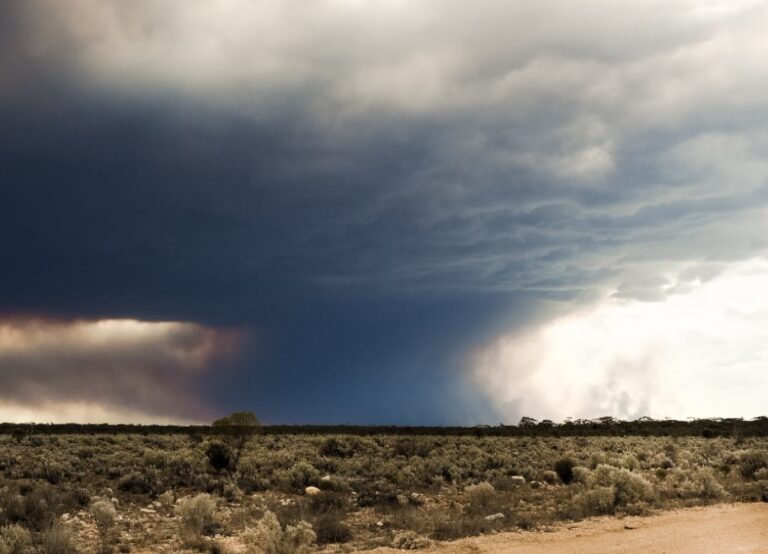Eco-anxiety or climate anxiety in the scientific literature indicates chronic concern, fear, or anxiety related to the environmental fate of the planet due to severe weather events.
In younger people and those most sensitive to the issues of global warming, climate change, increased incidence of natural disasters, deforestation, sea level rise, and extreme weather events, climate anxiety can manifest with specific symptoms of distress.
Table of Contents
Eco-anxiety: common symptoms
Anxiety and fear about climate change affect the emotional and psychological well-being of different people. Certain factors seem to expose more to symptoms of eco-anxiety, such as:
- young age;
- wide media exposure;
- active engagement with the environmental crisis;
- working in the field of environmental sustainability.
It is important to specify that, each person has a personal way of expressing anxiety and fear. But in general common symptoms are recognized such as:
- nervousness and anxiety related to the impact of one’s behaviors on the environment, one’s responsibility to help deal with environmental problems, and news concerning climate and climate change;
- anxiety crises when dealing with environmental issues, difficulty not thinking about problems associated with climate change. As well as not being able to stop or control concerns about the environment;
- making radical decisions about one’s life. Such as not having children because it may not be ethical or sustainable for the available resources of the planet;
- difficulty living peacefully in social situations with family and friends, difficulty concentrating in work and/or study, difficulty sleeping;
- solastalgia, a state characterized by emotions of longing, sense of loss, anxiety, sleep disturbances, stress, grief, depression, suicidal thoughts and aggression. Solastalgia can generally be experienced when one’s home or nearby environment is destroyed by sudden natural events.
The effects of extreme weather events on mental well-being
In the case of natural disasters (which may or may not be due to extreme weather events caused by global warming), the mental health consequences of both those directly affected and those who are exposed to the news but already suffer from anxiety disorders or depression, can be long-lasting and manifest with symptoms of anxiety and even post-traumatic stress.
Dramatic events such as losing one’s home, business, possessions and memories, or the lives of loved ones dramatically impacts the psyche. There is research by the Union of Concerned Scientists (2010) that estimates that between 25 and 50 percent of people who have been affected by weather disasters experience mental health effects.
Moreover, according to the American Psychological Association (APA), survivors of natural disasters experience a significant increase in depression, post-traumatic stress disorder, anxiety, and suicide.
There is no denying that global warming has an impact on mental health and well-being. Rising temperatures are closely related to more anxiety and panic attacks. Particularly in people who already suffer from them, perhaps in the summer.
These are symptoms that, in people who have economic problems, or have less financial security because of rising temperatures increase, to the point of developing feelings of hopelessness.
Read also: Rising sea level, these are the cities that risk to disappear in a few decades












